As we grow older, it’s not just the size of our snacks that matters, but also what’s inside them. Nuts are often seen as a simple, healthy treat, packed with healthy fats, fiber, protein, vitamins, and minerals, but not all nuts offer equal benefits for seniors. Some types carry hidden risks that become more important with age due to changes in digestion, organ function, and interactions with medications. In this article, we highlight six nuts that seniors should either avoid or consume with caution. We explain why these nuts may be problematic, explore the underlying health reasons, and offer safer alternatives and tips to enjoy nuts more wisely as part of a balanced diet.
1. Bitter Almonds
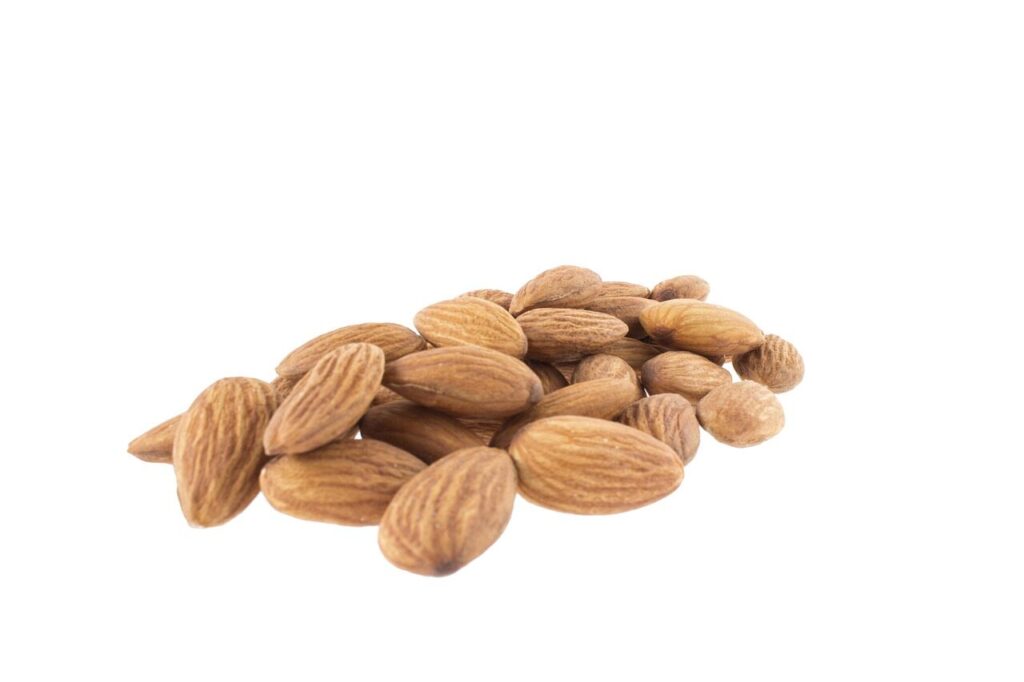
Bitter almonds should be strictly avoided because they contain amygdalin, a natural compound that turns into cyanide when consumed raw. Cyanide is a potent toxin that can cause severe health issues, including nausea, respiratory distress, and even poisoning. Seniors are especially vulnerable because their liver and kidneys, which help process toxins, may not function as efficiently as in younger years. Even a few raw bitter almonds can lead to dangerous side effects. Processed sweet almonds are safe, but raw bitter almonds are not intended for eating. Seniors should ensure that the almonds they buy are labeled safe for consumption to avoid accidental ingestion.
2. Peanuts
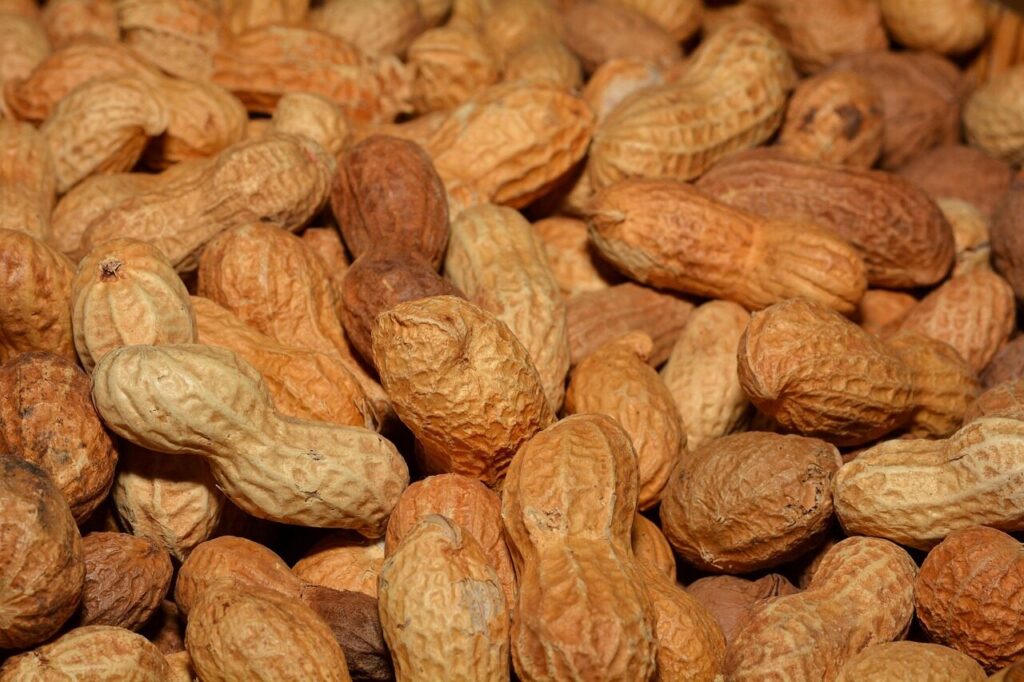
Peanuts may seem harmless, but they can be problematic for older adults for several reasons. They are prone to contamination by aflatoxins, toxic substances produced by mold that can grow on peanuts during storage, especially in humid environments. These toxins are known to damage the liver and increase cancer risk. Peanuts are also high in omega-6 fatty acids, which can promote inflammation when consumed in excess, something many seniors already struggle with due to arthritis and other inflammatory conditions. Additionally, many peanut products are salted, which can raise blood pressure and strain the heart. For these reasons, seniors should limit peanuts or choose unsalted, well-stored varieties.
3. Macadamia Nuts
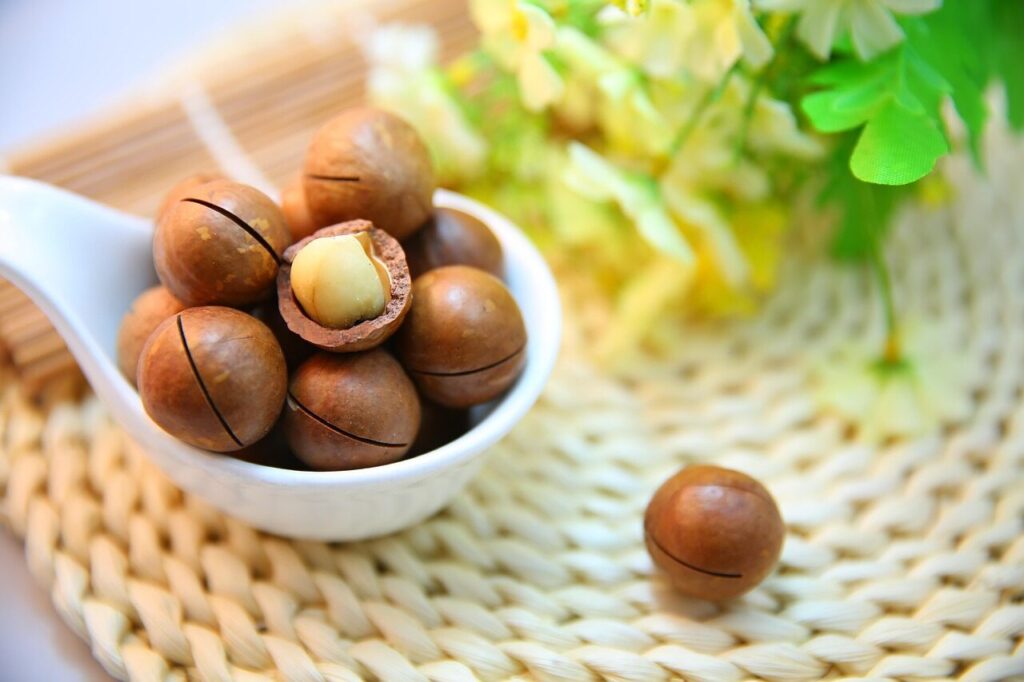
Macadamia nuts are rich in healthy fats, but they are extremely high in calories and low in protein and fiber, which makes it easy to overeat them. Seniors who are less active or have slower metabolisms may gain weight quickly when consuming these nuts regularly. Excess fat intake can also raise cholesterol levels and strain the liver, especially for those with preexisting heart or metabolic conditions. Furthermore, macadamias are expensive and often processed with salt or coatings that add unnecessary sodium and sugar. Seniors should avoid large portions of macadamia nuts and choose smaller, unsalted servings when indulging occasionally.
4. Pine Nuts
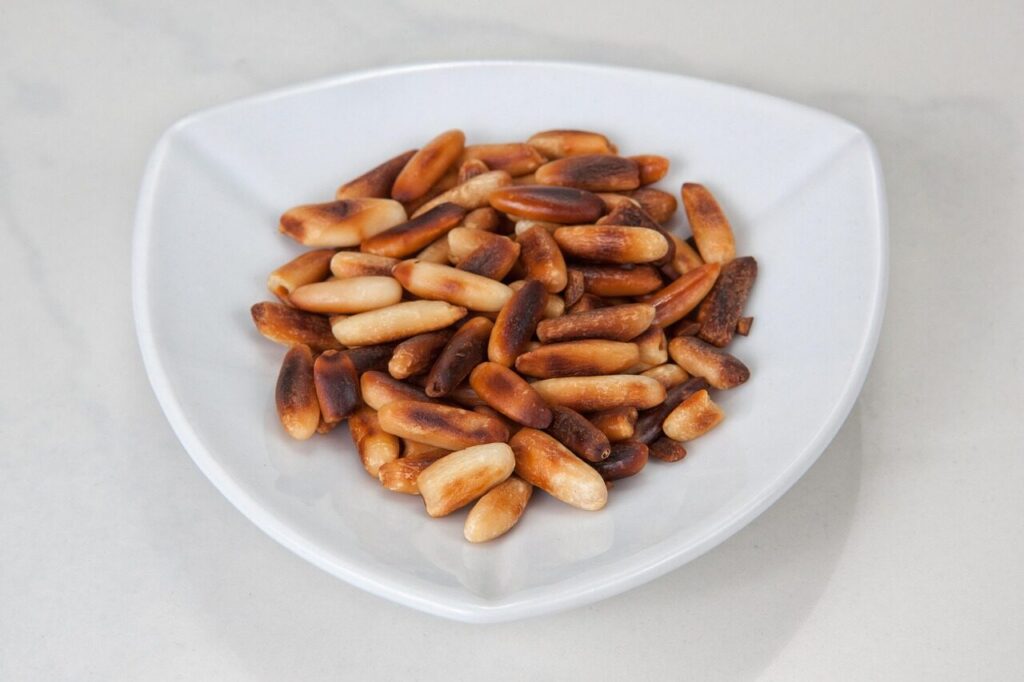
Pine nuts are nutritious, but they may cause adverse effects for seniors when consumed frequently. They are high in fats that can turn rancid quickly, leading to oxidation that generates harmful free radicals in the body. This can contribute to inflammation and cardiovascular strain. Some people also experience pine mouth, a lingering metallic taste that can last for days and reduce appetite, which is risky for seniors who already struggle to maintain proper nutrition. Pine nuts can also interact with medications that are processed by the liver, potentially altering how drugs work in the body. For these reasons, seniors should limit pine nut consumption and store them properly to prevent spoilage.
5. Cashews
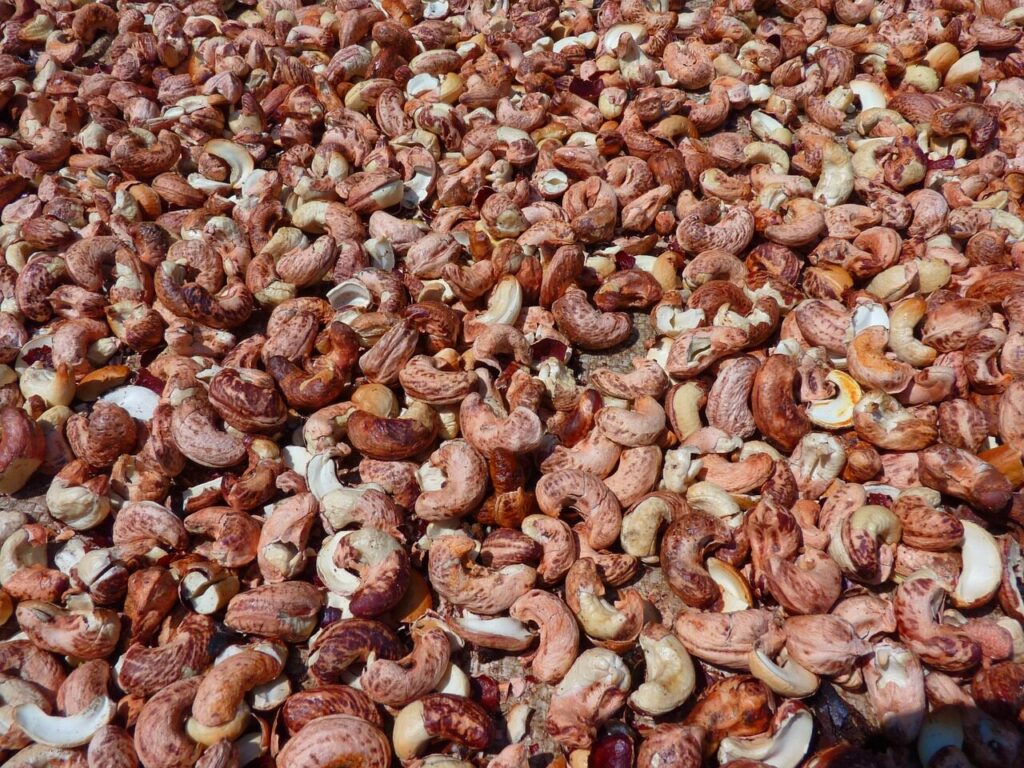
Cashews, while creamy and satisfying, are high in oxalates, compounds that can lead to kidney stone formation. Seniors are more likely to have reduced kidney efficiency, making it harder to process oxalates safely. Over time, this can contribute to calcium imbalance and urinary tract issues. Cashews are also calorie-dense and can increase cholesterol levels if eaten excessively, which may worsen heart health concerns. Roasted and salted varieties are even more problematic due to added sodium. Seniors with kidney problems or high blood pressure should minimize cashew intake or opt for small, unsalted portions only occasionally.
6. Highly Salted, Candied, or Flavored Nuts
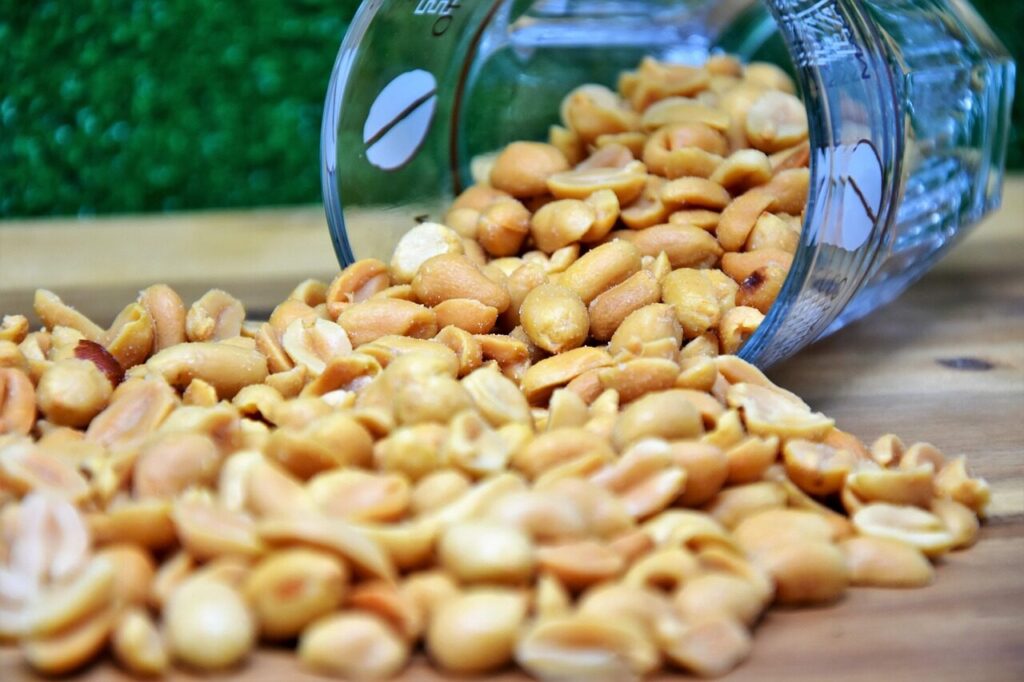
Flavored or processed nuts, such as those coated with salt, sugar, chocolate, or honey, should be avoided because they turn a healthy snack into one filled with unnecessary additives. High sodium content can raise blood pressure and increase the risk of stroke or heart disease, while excess sugar may cause blood sugar spikes and fatigue, especially in seniors managing diabetes. Artificial flavorings and preservatives can also irritate sensitive digestive systems. Even nuts with healthy fats lose much of their nutritional value when covered in sugary or salty coatings. Seniors should instead choose raw or lightly roasted nuts without additives to keep their snacks heart friendly and nutritious.
Comments